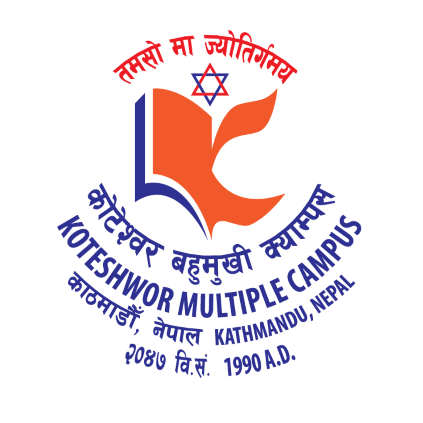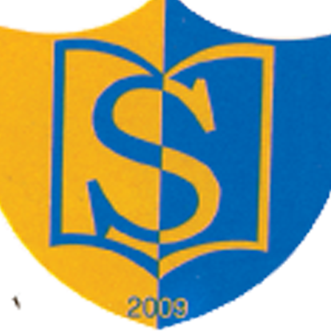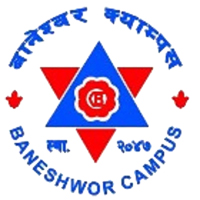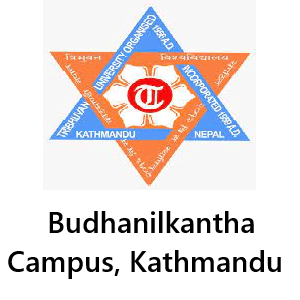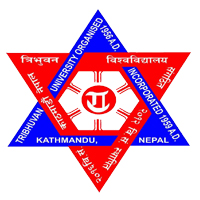Overview
Bachelor of Education (B.Ed.) at Pasang Lhamu Sherpa Memorial College, Kathmandu
The Bachelor of Education (B.Ed.) at Pasang Lhamu Sherpa Memorial College (PLSMC), Samakhusi, Kathmandu, follows Tribhuvan University standards under the Faculty of Education.
The course serves Nepali students seeking a clear route into school teaching and education services. The program builds classroom practice, subject expertise, assessment skills, and school-based exposure within a structured four-year pathway.
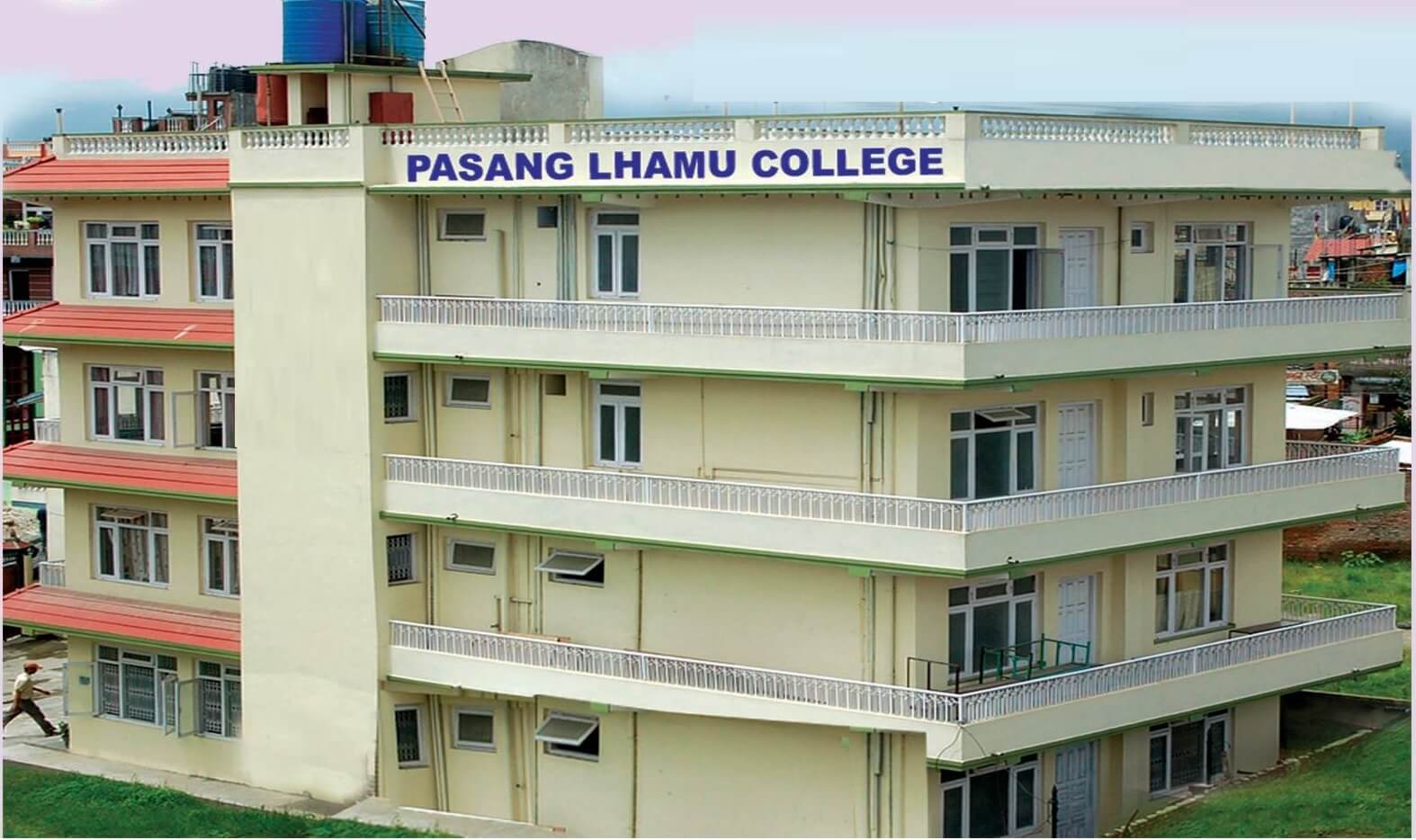
Overview
The B.Ed. runs under the national framework of Tribhuvan University. The college delivers core education studies, subject specialization, and practice teaching with clear attendance and assessment rules. Students learn to plan lessons, manage classrooms, assess learning fairly, and reflect on feedback from mentors.
Highlights
-
University: Tribhuvan University, Faculty of Education
-
Duration and pattern: Four years under TU’s B.Ed. framework
-
Core components: pedagogy, subject specialization, assessment, school exposure
-
Language of instruction: English and Nepali (as required by subjects)
-
Campus support: library access, ICT resources, practice-oriented workshops
Curriculum Details
The curriculum covers education foundations, instructional methods, measurement and evaluation, educational psychology, and school leadership basics. Subject specialization depends on college approvals and teacher availability each session. Students typically complete school observation, micro-teaching, and a block of practice teaching under supervision. Internal tests, term evaluations, and final examinations keep progress steady.
Objectives
-
Build lesson planning, classroom organization, and fair assessment habits.
-
Strengthen subject mastery for the chosen teaching area.
-
Develop professional conduct for school culture and stakeholder interaction.
-
Encourage reflective notes and evidence-based improvement.
Scope
Graduates move into school teaching as per eligibility and licensing pathways in Nepal. Many support learning centers, education NGOs, or academic coordination roles in private and community schools. The degree also creates a base for further study in education fields such as curriculum, administration, or educational psychology.
Learning Outcomes
-
Write lesson objectives, sequence activities, and select suitable learning tasks.
-
Use formative checks, classroom questioning, and simple rubrics.
-
Handle mixed-ability classrooms with peer activities and practical examples.
-
Keep basic records: attendance, marks, feedback notes, and progress reports.
-
Communicate with parents and school staff in a respectful, solution-oriented way.
Skill Development Modules
-
Micro-teaching labs for short practice lessons.
-
Classroom observation with structured checklists.
-
Assessment practice: item writing, marking keys, and feedback sheets.
-
Low-cost teaching aids and simple ICT use for demonstrations.
-
Reflective journals for each practice cycle.
Teaching Methodology
Faculty combine direct instruction with group tasks, demonstration lessons, and peer review. School visits bring exposure to real classrooms. Mentors observe lessons and share specific feedback on clarity, timing, materials, and fairness in marking. Regular tests and viva sessions prepare students for final boards.
Admission Requirements
-
Qualification: Ten Plus Two (+2) or equivalent from a recognized board.
-
Process: Application submission, document verification, and seat confirmation under college notices.
-
Subject choice: Students should confirm the available specialization areas at the time of admission.
Career Opportunities
-
School teaching in community and private schools (as per regulatory eligibility).
-
Academic coordination, examination cell support, and library/resource center roles.
-
Education projects in NGOs and local agencies requiring classroom or training skills.
-
Tuition and remedial support centers for core subjects.
Scholarships and Financial Aid
The college announces merit-based and category-based support each session. Students should track the scholarship notice, prepare documents early, and meet deadlines. Some support schemes prioritize high academic performance or specific social categories.
Why Choose This Course?
You want a steady, classroom-focused route that turns theory into practice. You value regular mentoring, honest feedback, and a campus culture that treats punctuality and fairness as daily habits. The program matches students who aim for teaching careers and who want a clear training path within Nepal’s recognized university system.
Conclusion
The B.Ed. at PLSMC offers subject-based training, practice teaching, and consistent evaluation under Tribhuvan University. Students leave with stronger lesson planning, better assessment skills, and practical school exposure—useful for classrooms across Nepal and for further study in education.



